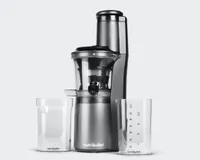Juicer buying mistakes – 8 things to consider, according to pros
Common mistakes to avoid when purchasing a juicer and expert tips to help you make the best choice

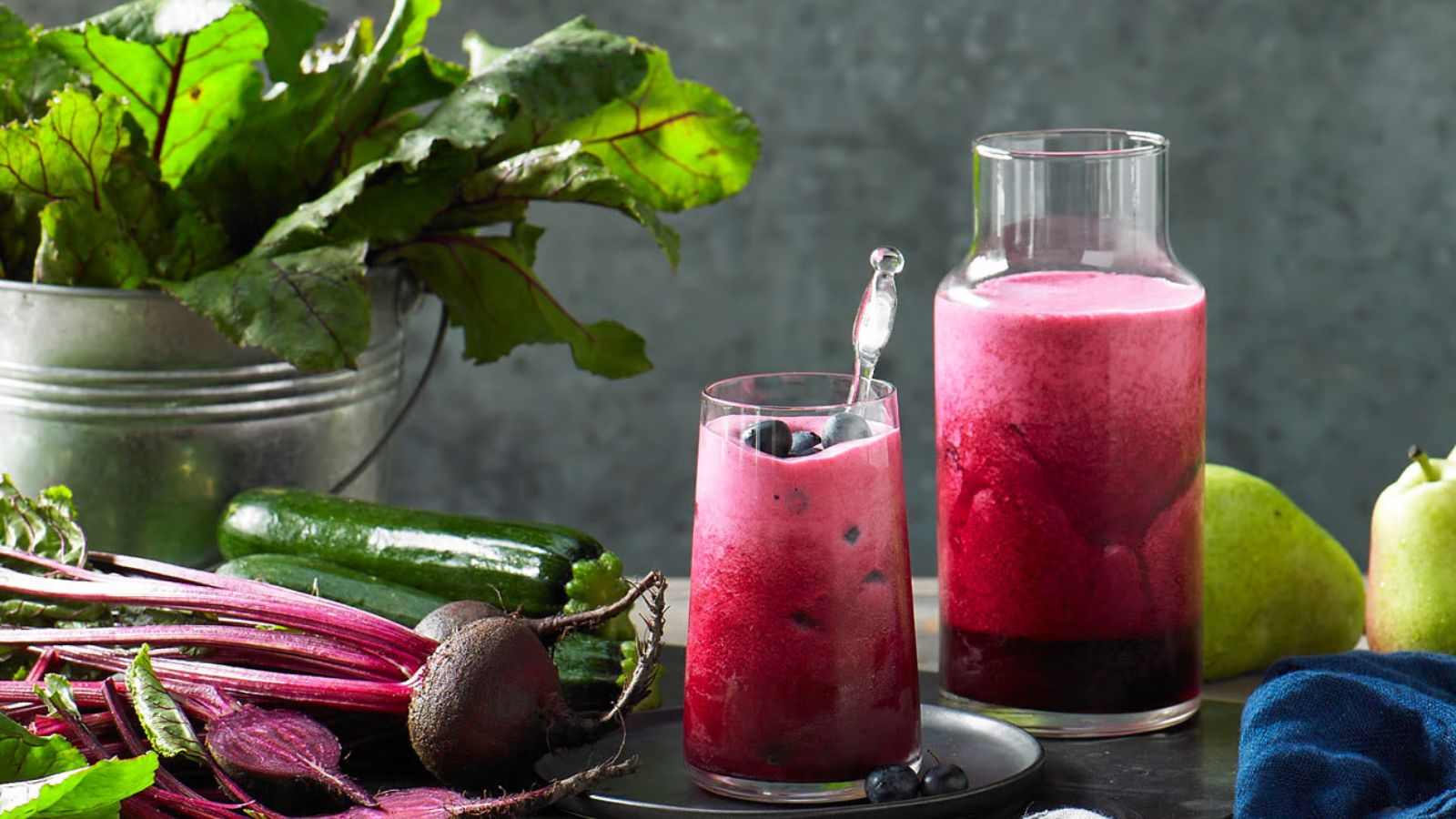
- 1. Failing to choose the right juicer for the job
- 2. Not considering size and capacity
- 3. Ignoring cleaning time
- 4. Purchasing a juicer with features you don't need
- 5. Disregarding the noise level of the juicer
- 6. Purchasing a juicer without seeing reviews
- 7. Buying something inexpensive and poor quality
- 8. Disregarding the warranty
- FAQs
Design expertise in your inbox – from inspiring decorating ideas and beautiful celebrity homes to practical gardening advice and shopping round-ups.
You are now subscribed
Your newsletter sign-up was successful
Want to add more newsletters?

Twice a week
Homes&Gardens
The ultimate interior design resource from the world's leading experts - discover inspiring decorating ideas, color scheming know-how, garden inspiration and shopping expertise.

Once a week
In The Loop from Next In Design
Members of the Next in Design Circle will receive In the Loop, our weekly email filled with trade news, names to know and spotlight moments. Together we’re building a brighter design future.

Twice a week
Cucina
Whether you’re passionate about hosting exquisite dinners, experimenting with culinary trends, or perfecting your kitchen's design with timeless elegance and innovative functionality, this newsletter is here to inspire
Purchasing a juicer can feel overwhelming – with such a wide range of juicers available on the market and factors to consider – it might be a little perplexing if you don't know what to look for.
With the rush of Black Friday deals and Christmas panic buying, it's easy to make some common juicer-buying mistakes which can leave you winding up overspending or purchasing a juicer that is not right for you.
Well, fear not. We've got you covered with all the mistakes to avoid when buying a juicer and tips from experts to ensure you buy the best juicer, whether for yourself or as a gift.
Juicer buying mistakes
Juicers are an increasingly popular kitchen appliance, perfect for adding more nutrition to your diet, and are a great way to begin the day.
Whether you are a beginner or a seasoned juicing enthusiast, juicers combine, power, durability, and intuitive design, assuming you have chosen the right model. It's all down to finding the best model that will suit your juice and blending preferences, lifestyle, and space requirements.
1. Failing to choose the right juicer for the job
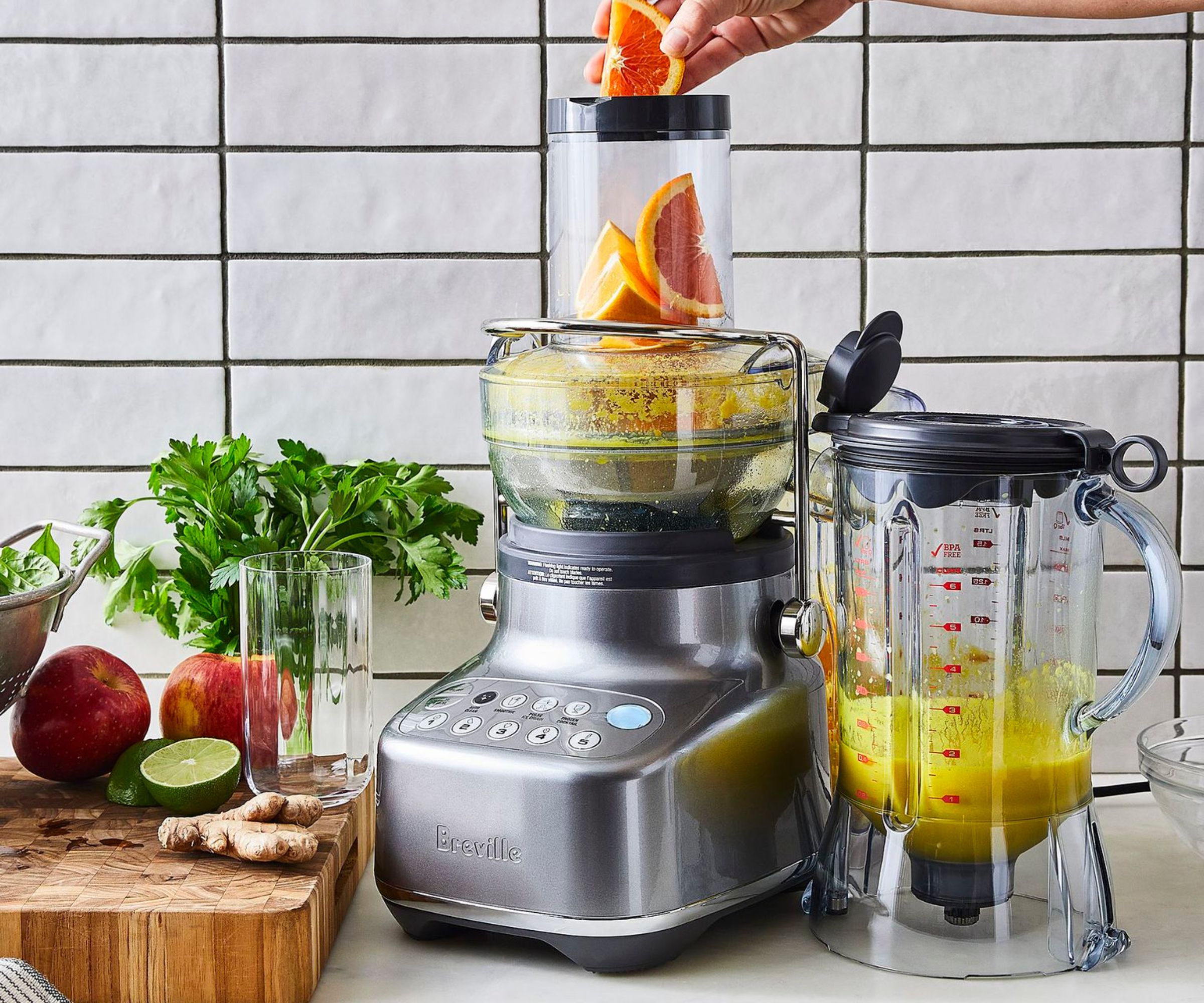
Possibly the most significant mistake you can make when buying a juicer is choosing one that doesn't suit you.
'Many consumers overlook the fact that there are different types of juicers, each with its own set of pros and cons,' explains Sarah Johnson, appliance expert at Big Air Fryers. 'From centrifugal to masticating and triturating juicers, all with different functions, understanding the distinctions is crucial.'
Design expertise in your inbox – from inspiring decorating ideas and beautiful celebrity homes to practical gardening advice and shopping round-ups.
Hashi Mohamed, president of Ivy Cleans explains: 'Centrifugal juicers are generally faster and more affordable, but they can be noisy and less efficient at extracting juice from leafy greens or wheatgrass.
'Masticating juicers, on the other hand, are slower but more efficient at extracting juice, especially from tough greens, and they usually produce a higher quality juice with more nutrients.'
Triturating juicers are top-quality, versatile juicers, providing the most thorough and efficient extraction, however, these operate more slowly and can be trickier to clean.
Be sure to research the various features of different juicers and find one that coincides with your blending preferences and the amount of time and energy you want to allocate to using your juicer.
Additionally, 'Choose a juicer that can juice the types of produce you plan to use,' advises Andhi Ermawan, tech expert, professional product tester, and the founder of My Pros And Cons. 'Each juicer is suitable for a certain kind of fruit or vegetable, and using an unsuitable one will cause a waste of juice.'
For example, some juicers are better suited for leafy greens, while others handle fruits and hard vegetables more efficiently, so choose a juicer that can juice the types of produce you plan to use.
2. Not considering size and capacity
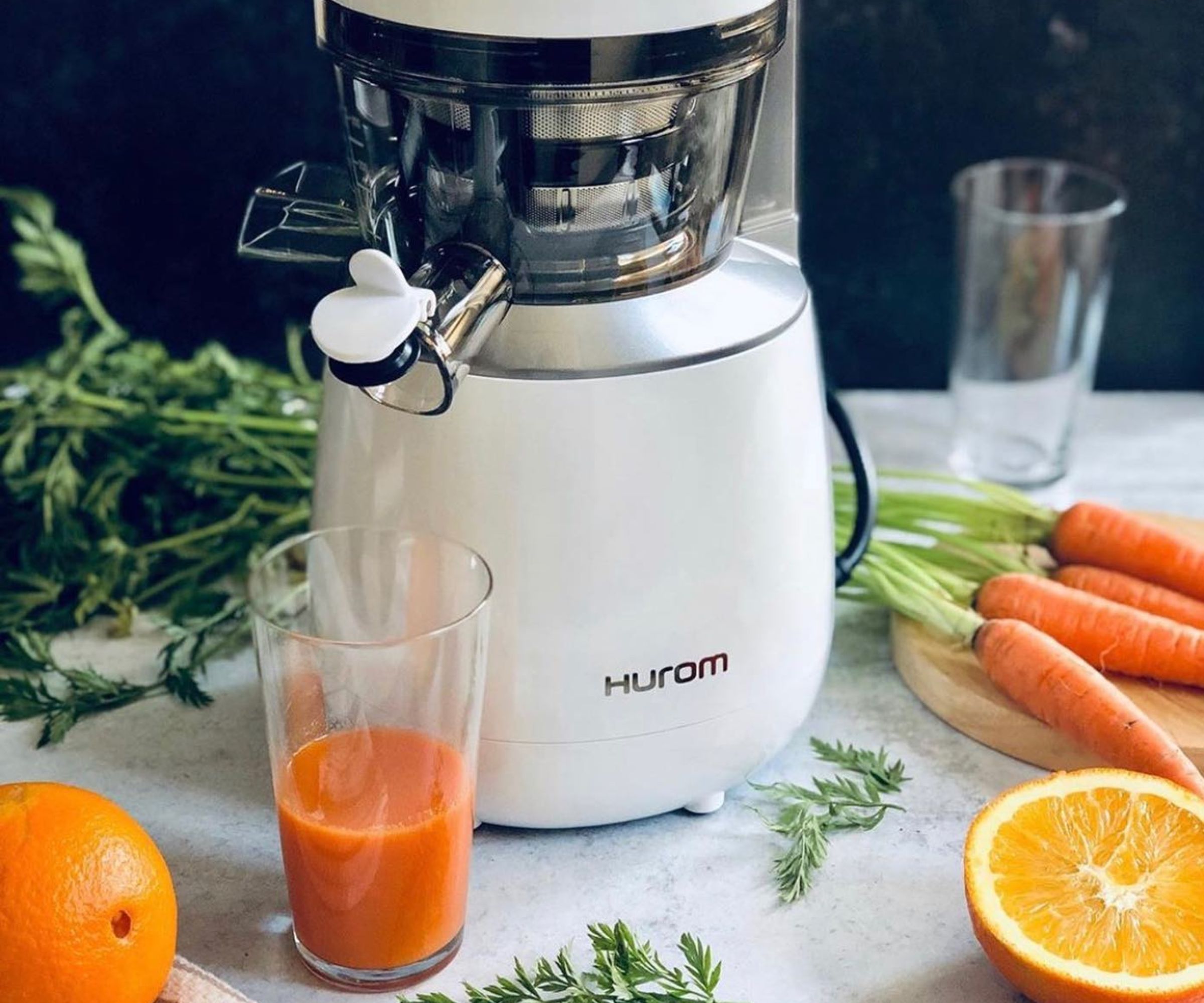
Another mistake is buying a juicer without considering its size and capacity.
The first reason that this is essential to consider is to ensure you buy a model that is practical for the amount of juice you want to make. If you plan to juice for just yourself, then a large juicer may be unnecessarily clunky and impractical, however, if you are doing so for a big family or because you tend to make juice in large batches, a more substantial model will be essential.
Secondly, Julian Righetti, owner of MOD Appliances advises, 'Make sure the juicer you choose is the right size for your kitchen and can easily be moved around or stored away when unused. If you have a kitchen or your juicer needs to fit away in a cupboard, consider the space it will take up.'
Assess and measure the available kitchen space before purchasing a juicer, finding one that seamlessly fits with your available space. Consider compact designs or those with vertical storage capabilities to ensure they fit seamlessly into your kitchen without causing clutter.
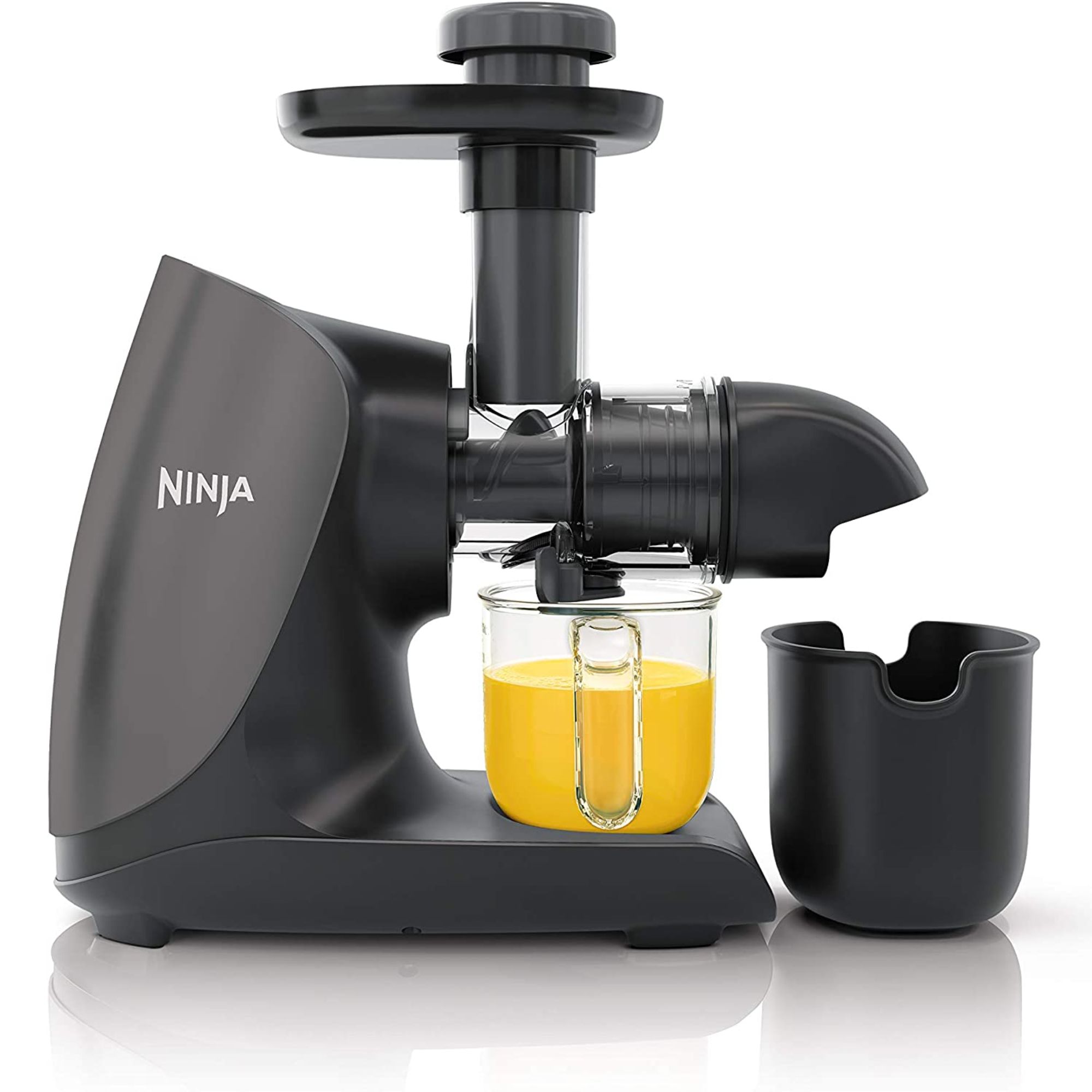
Best budget
Whether you like your juice smooth or pulpy, you can make it in the Ninja Cold Press Pro. This machine comes with a range of filters, so you can customize how much pulp passes through.
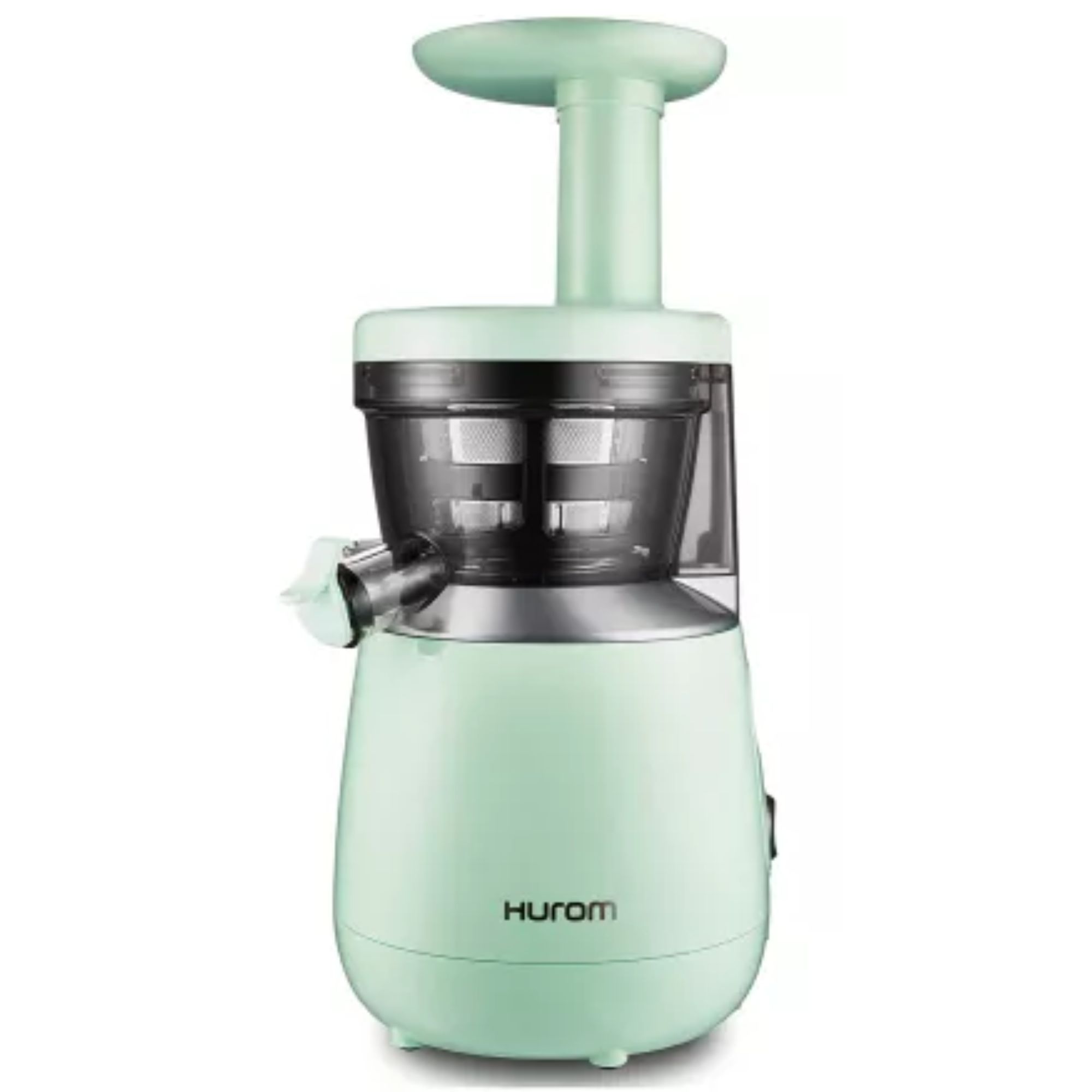
Best extraction
This is a compact model, just the right size for single servings.
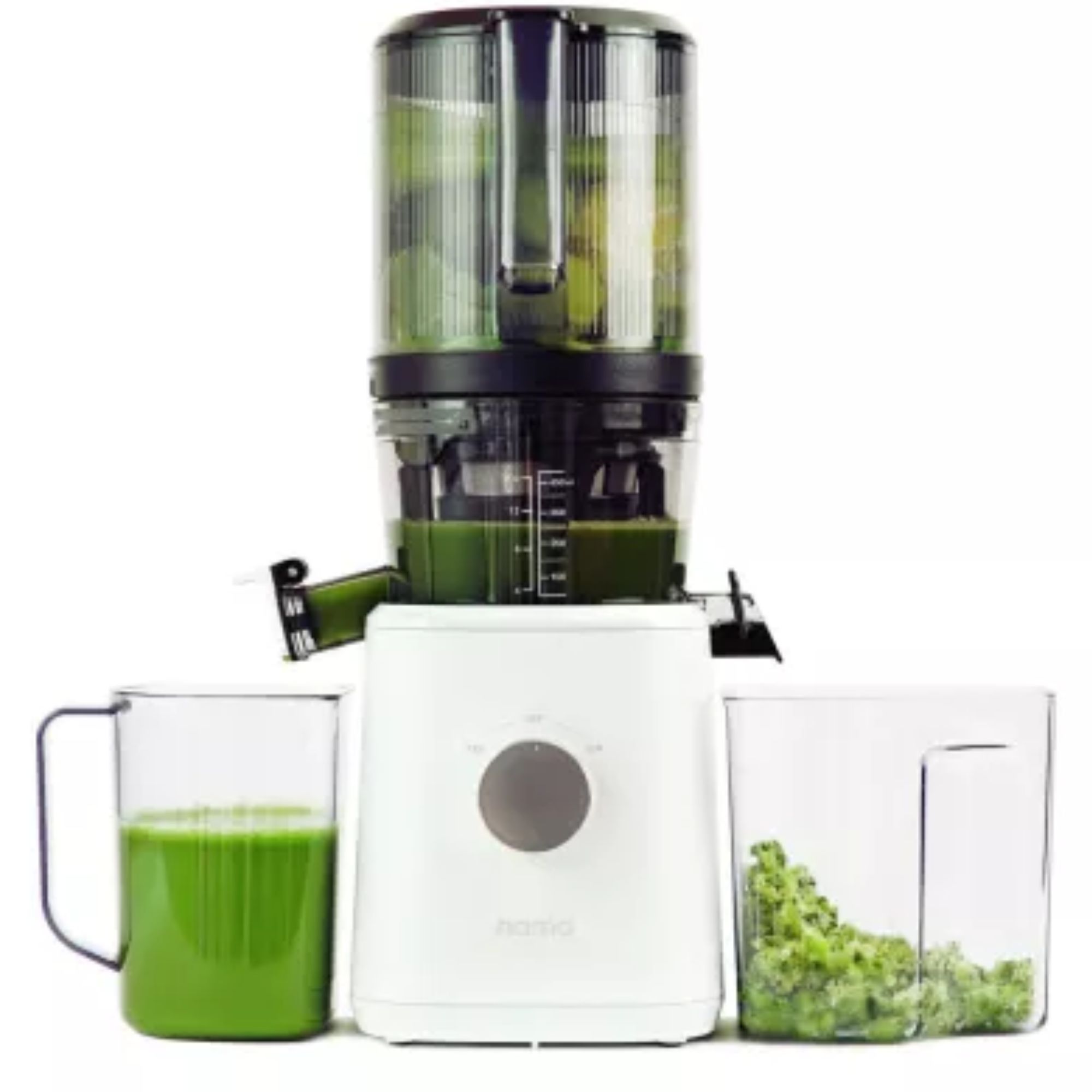
Best for beginners
For hands-free juicing, the Nama J2 is the ideal choice – it's as simple as loading ingredients into the pitcher and pressing 'start' for a perfectly blended juice.
This model has the ideal capacity size for a large family.
3. Ignoring cleaning time
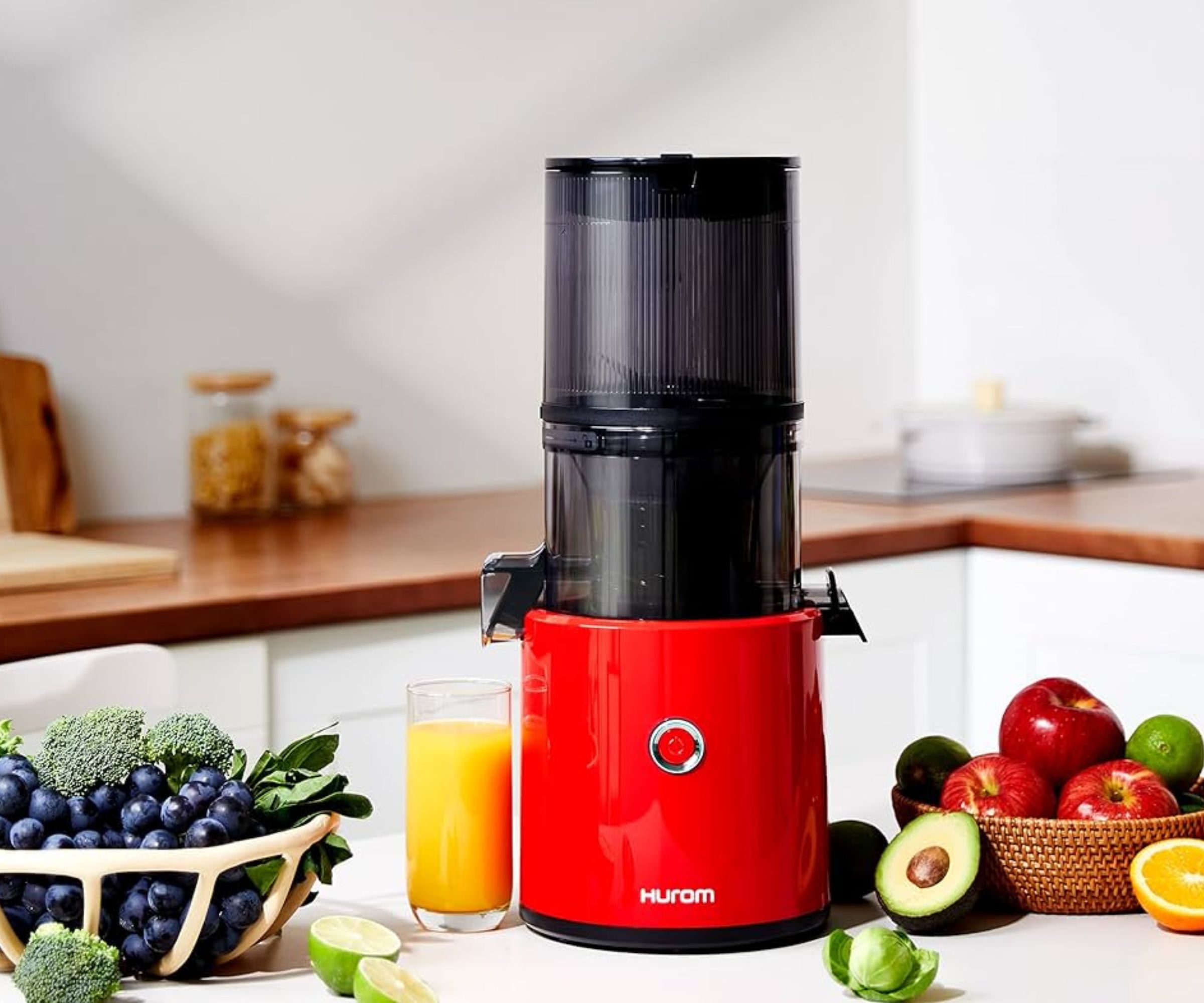
Not taking into account how long it takes to disassemble and clean a juicer can lead to reluctance to use it later down the road since it can become an unexpectedly cumbersome and time-consuming juicing experience.
Look for juicers that are easy to disassemble, clean, and reassemble. Models that are dishwasher-safe parts or simple cleaning mechanisms will encourage regular use and maintenance, ensuring longevity and hygiene.
4. Purchasing a juicer with features you don't need
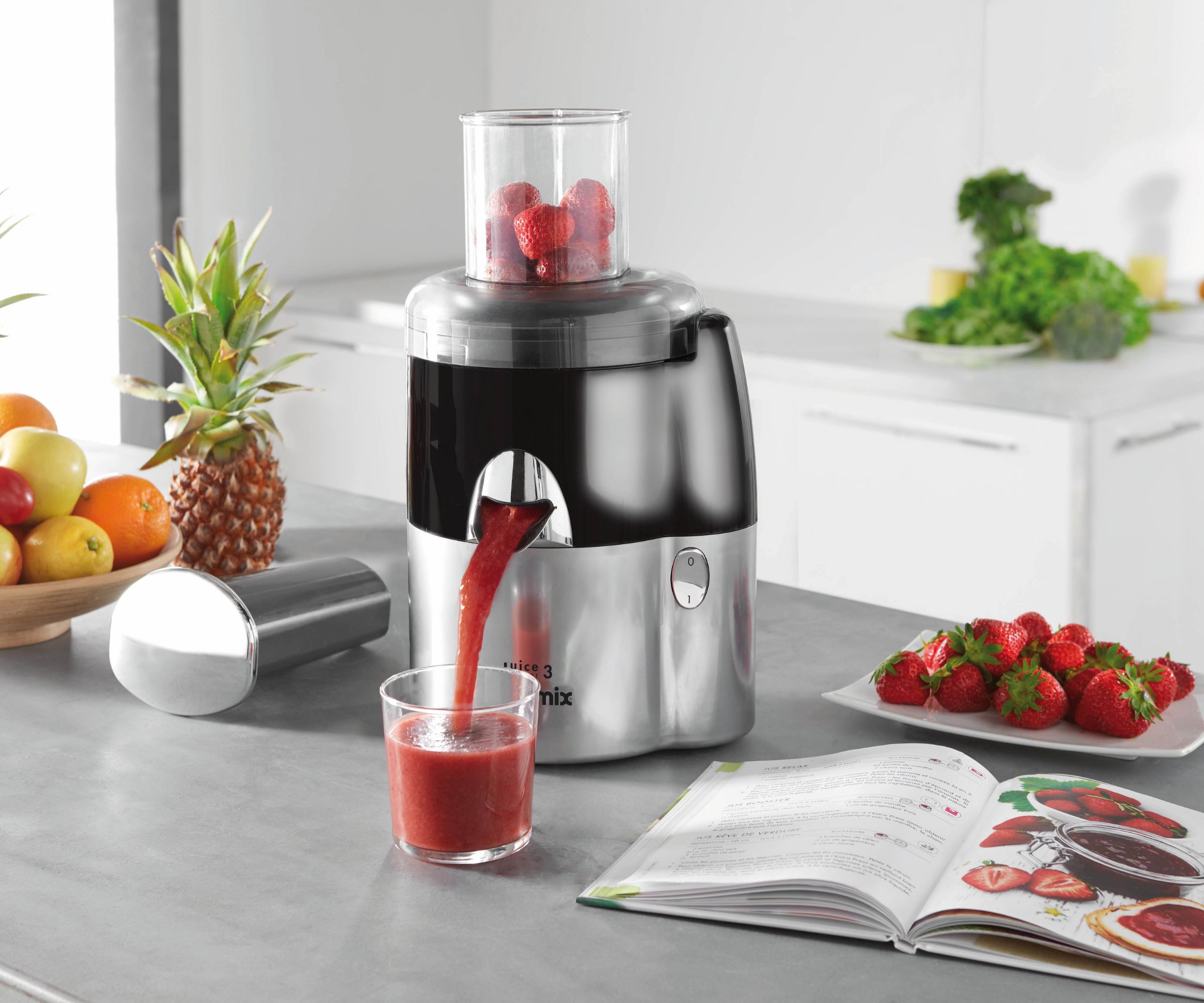
One common mistake to avoid when buying a juicer is investing in one with additional features you are unlikely to use. While a juicer with numerous fancy features might seem appealing, each component will likely raise the juicer's purchase price.
'Generally, a juicer with a basic design fitted to your requirements is usually worth more than one full of unnecessary features,' advises Andhi Ermawan.
Buying a high-end juicer with numerous features when you only plan to juice occasionally or don't wish to spend much time doing so might be unnecessary.
Instead, choose features that align with your juicing needs rather than those with excessive add-ons that may not be practical in daily use.
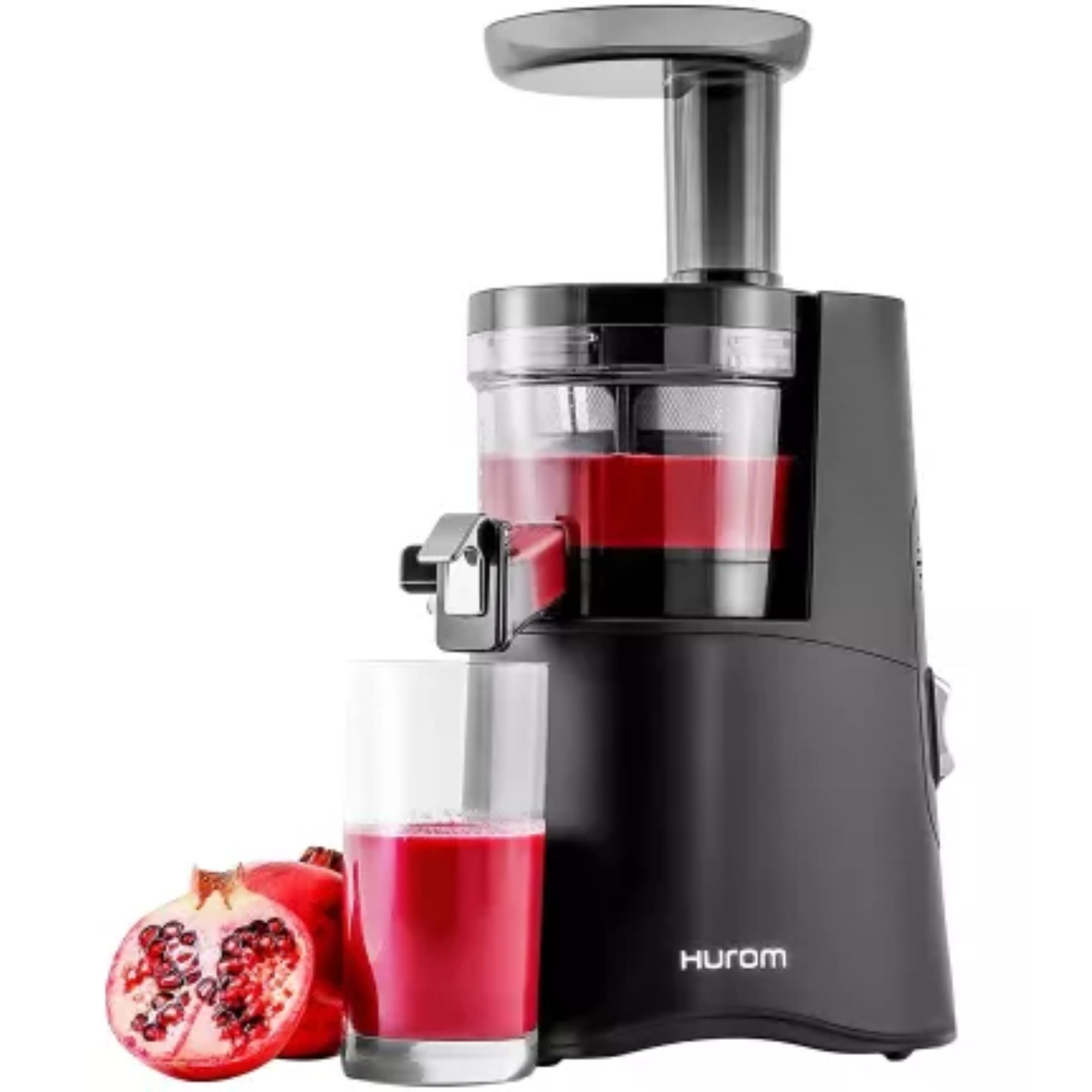
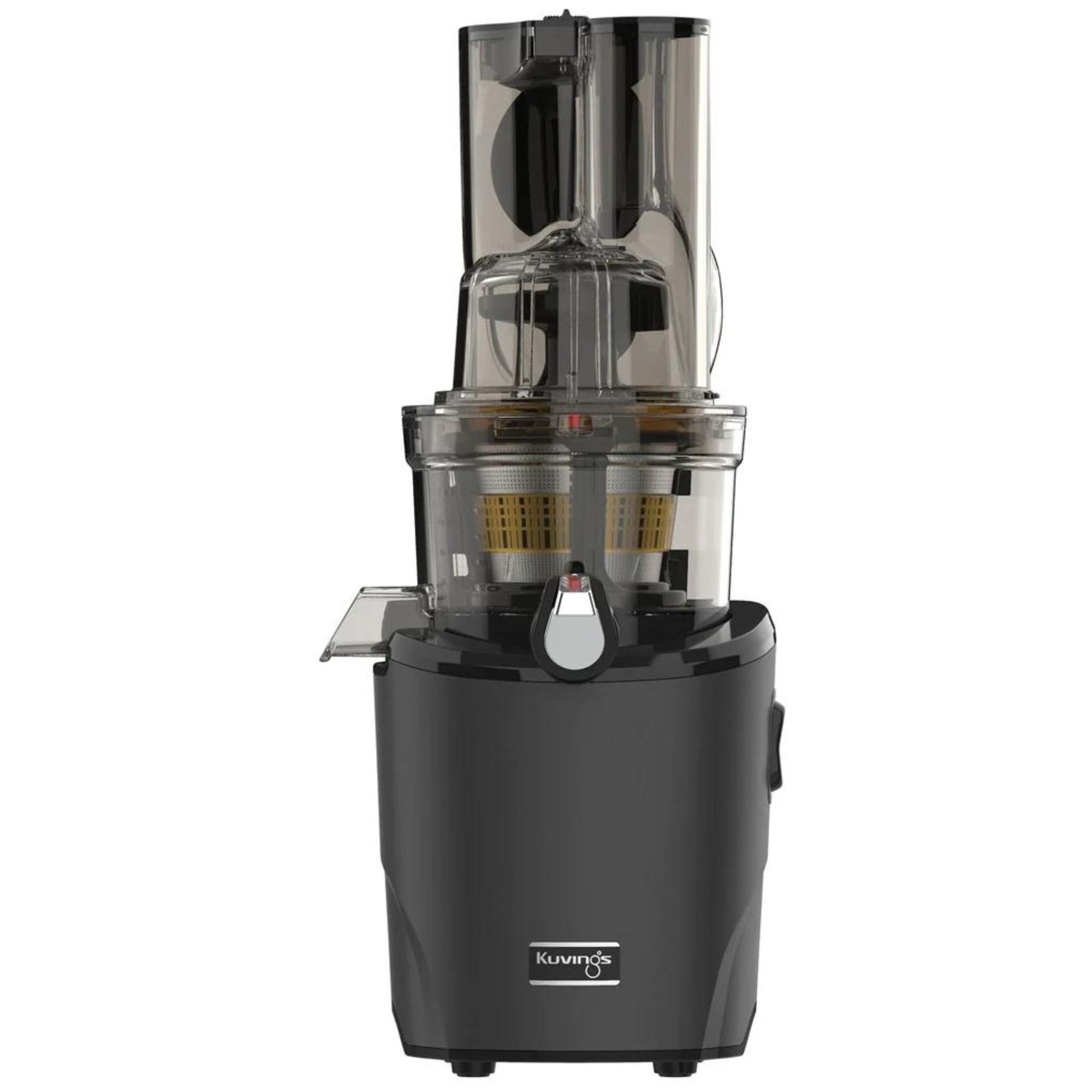
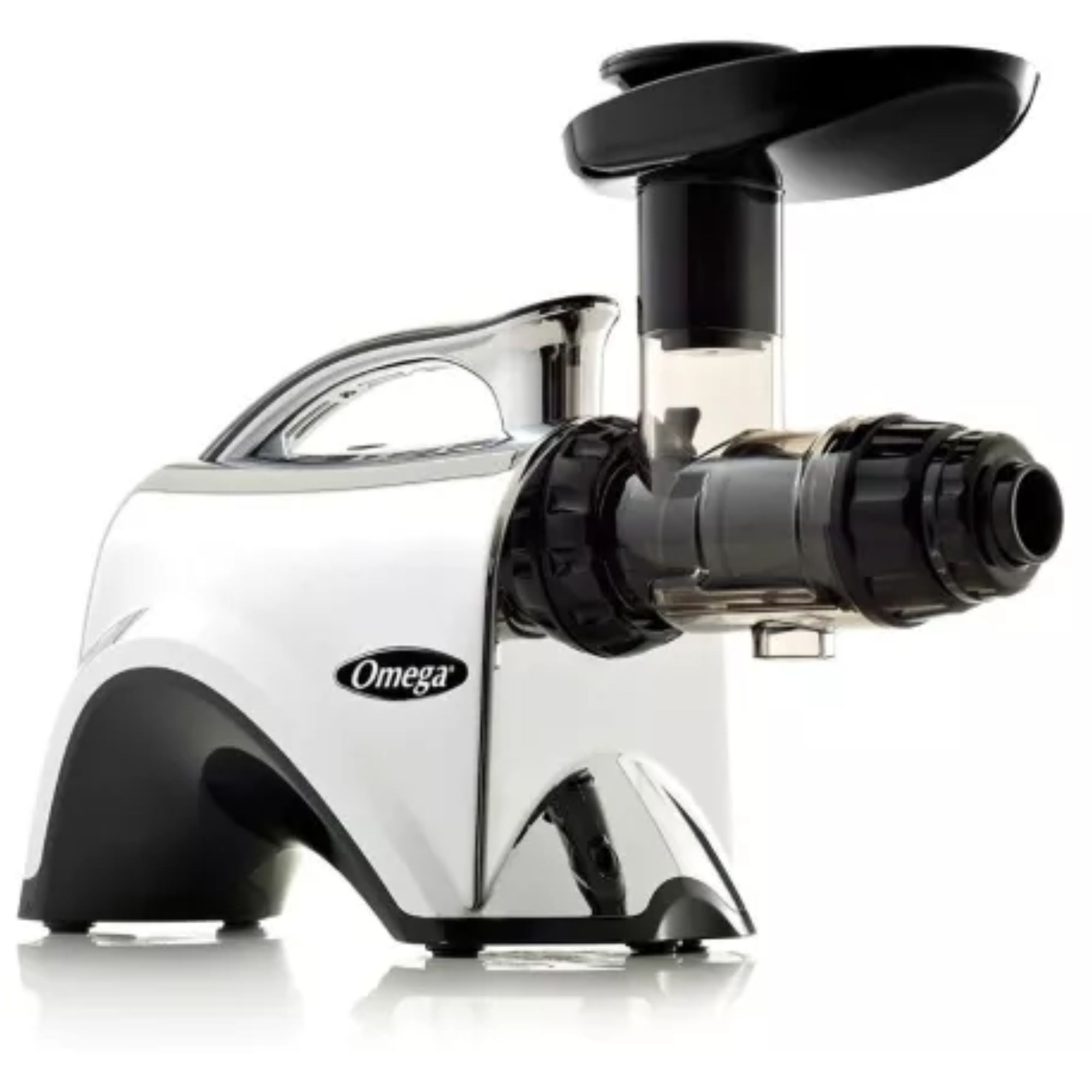
5. Disregarding the noise level of the juicer
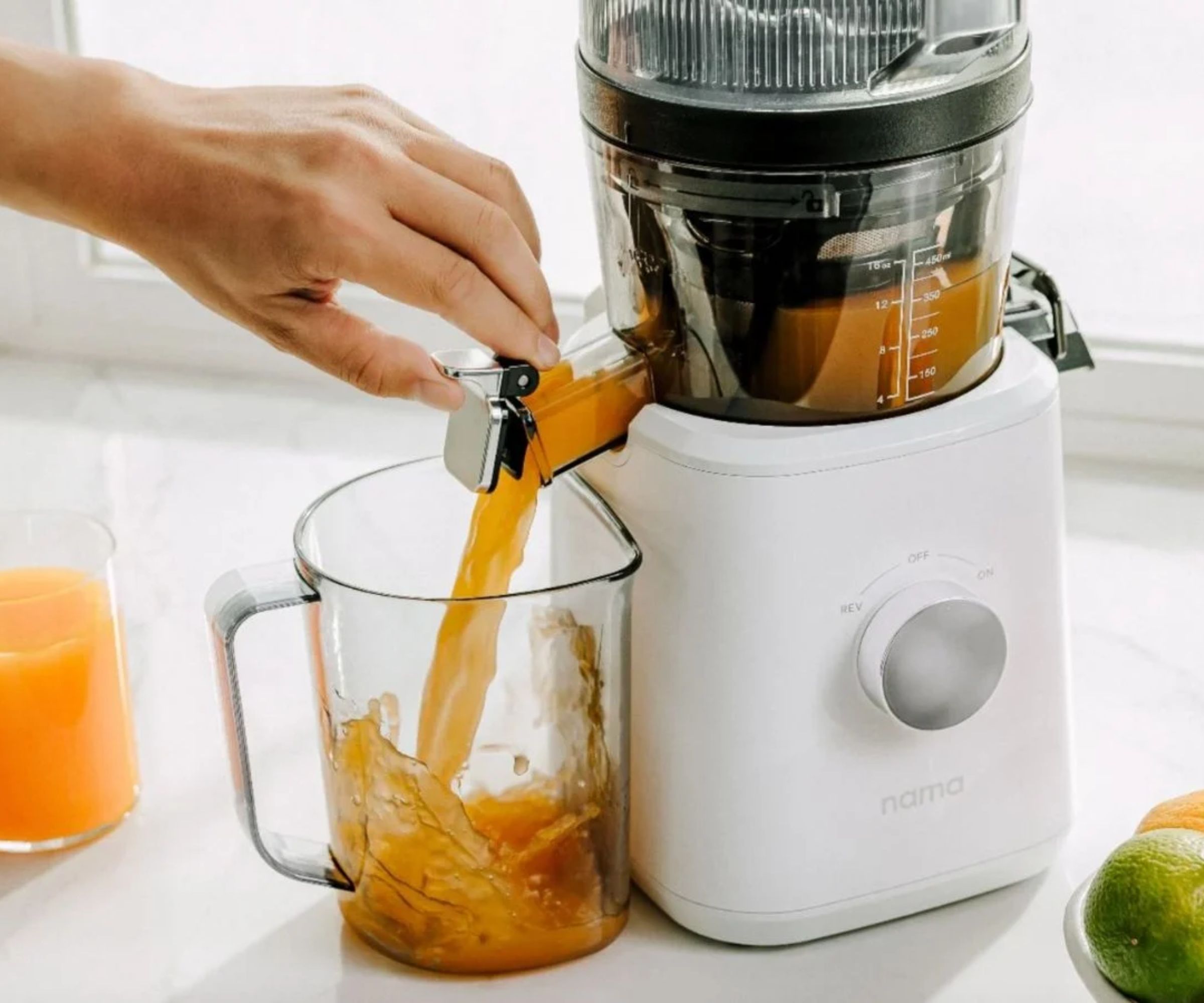
'Remember to consider the noise level of the juicer. Some juicers can be loud, so if you don't want to wake up your entire family or disturb your neighbors, find a model with a low noise level,' recommends Julian Righetti.
There are also a few tricks you can use to reduce the sound made without compromising your juicer quality, including using a silicone mat underneath your juicer, such as these Leceha mats, from Amazon to reduce the sounds the vibrations.
6. Purchasing a juicer without seeing reviews
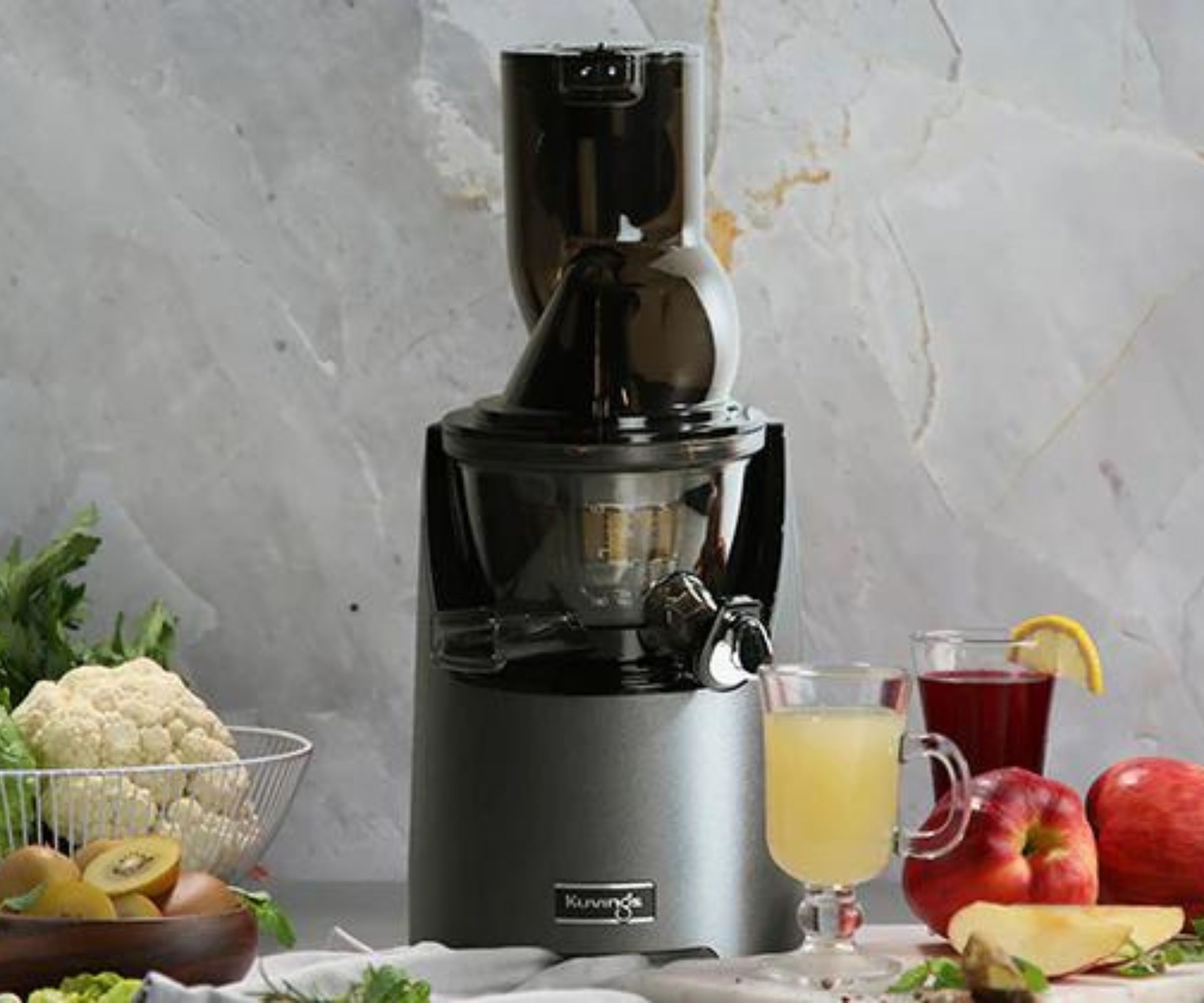
Be sure to never buy a juicer without seeing customer ratings and reviews.
Reading evaluations of juicers will assist you in determining whether the juicer you are considering is the best version and if it is right for you. Many web pages are dedicated to providing this data, including our guide on the best cold press juicers.
You may want to stick to reputable brands such as Nutribullet, Ninja, and Breville which have a wealth of positive reviews and reliable manufacturers.
This will help you determine whether the attributes of a specific product will benefit you.
7. Buying something inexpensive and poor quality
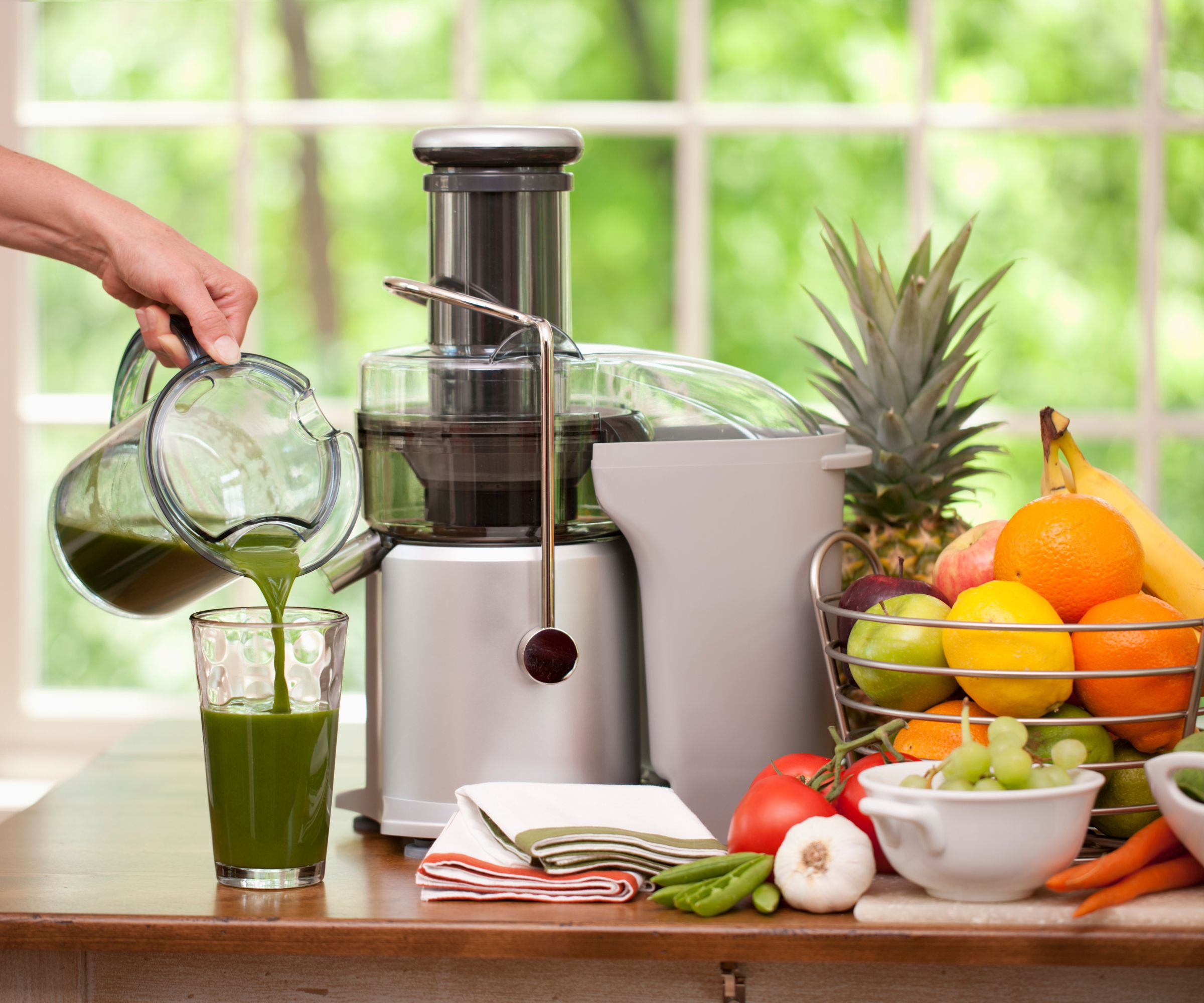
'Another problem is putting more emphasis on costs than on quality,' says Andhi Ermawan. 'Choosing a cheap model may appear wise in terms of economy; however, users usually have to be content with poor quality and a short lifespan.'
'Avoid choosing a juicer made from cheap materials. Watch out for materials that tend to break under stress, especially those that are doing all the hard work,' advises Christenda Costa, CEO of Gadget Review. 'Juicers are meant to take a beating and should be made with exceptionally strong operating mechanisms to ensure the most longevity possible between part replacements.'
Juicer performance often increases with price. Bigger prices are accompanied by greater features, a longer guarantee, a bigger juice output, simpler cleaning, and, frequently, a more aesthetically pleasing device. If you are intending to invest in a juicer to use long-term, looking for the cheapest option may not be the best idea.
However, expensive doesn't always equate to the best and may not align with your blending preferences. Sometimes mid-range options can provide excellent performance without breaking the bank. Many individuals begin juicing by purchasing an inexpensive centrifugal juicer for less money, and when they feel they are ready to step up their blending game, they step up their blender quality, choosing a masticating or triturating blender.
Determine your budget range and look for juicers that offer the best value for the features you prioritize.
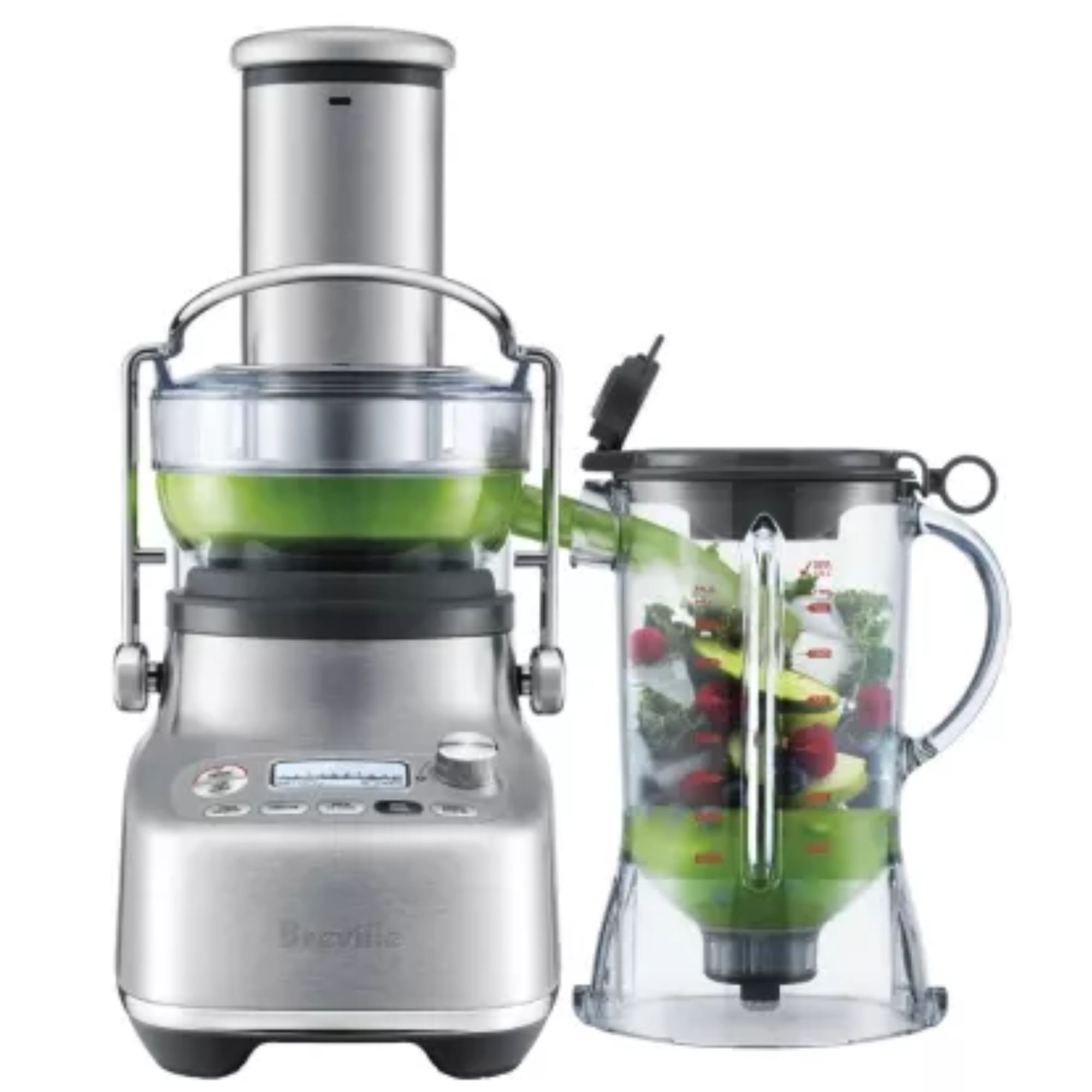
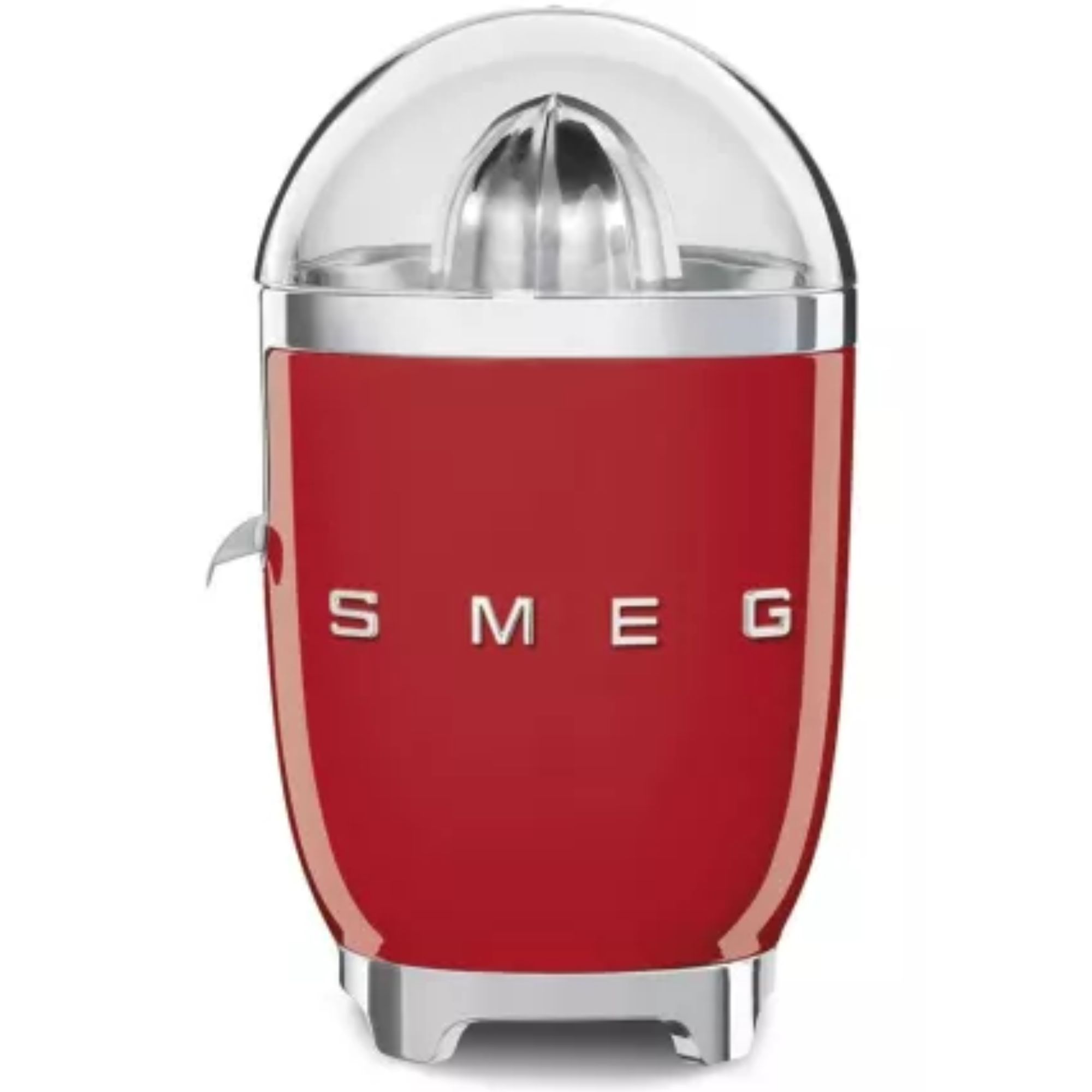
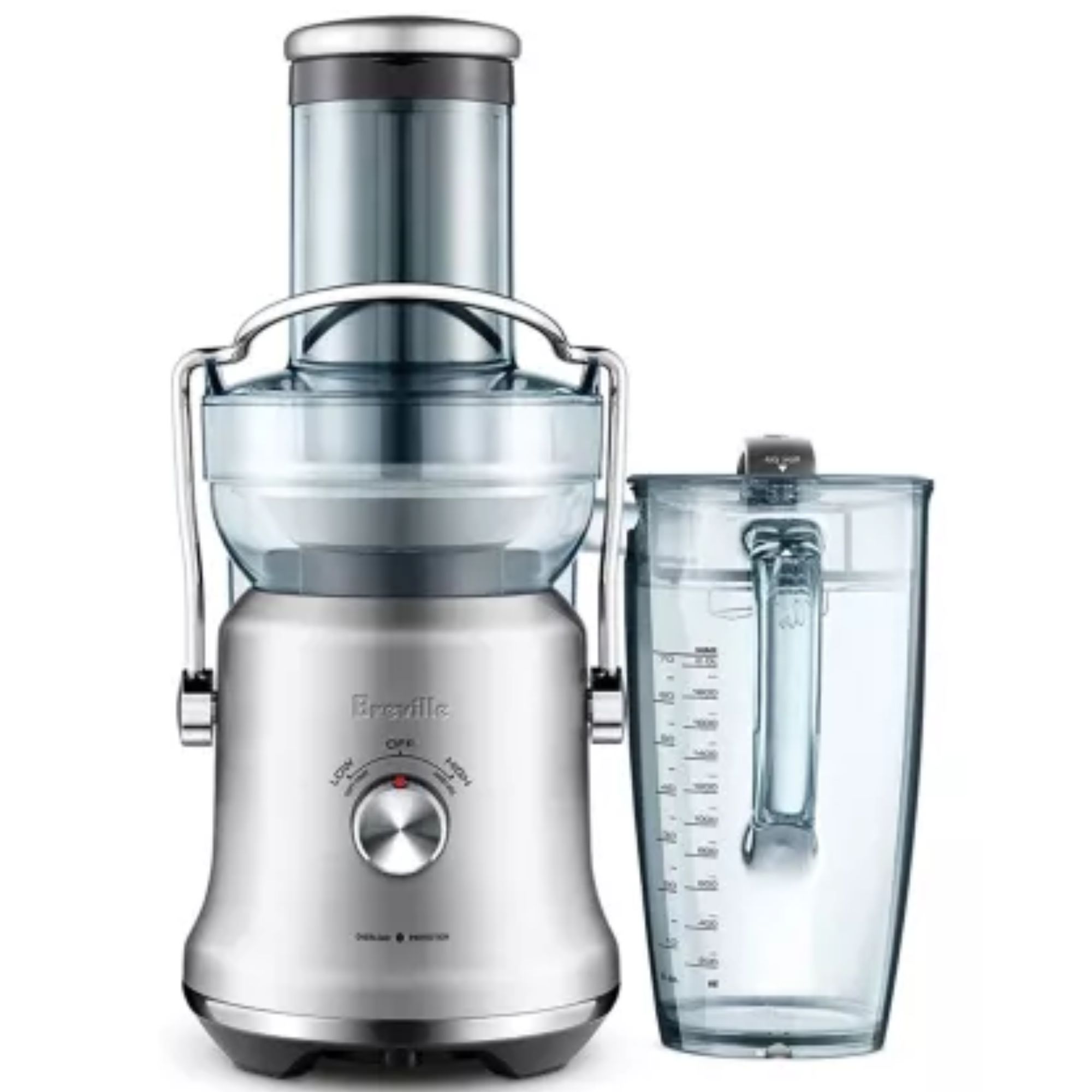
8. Disregarding the warranty
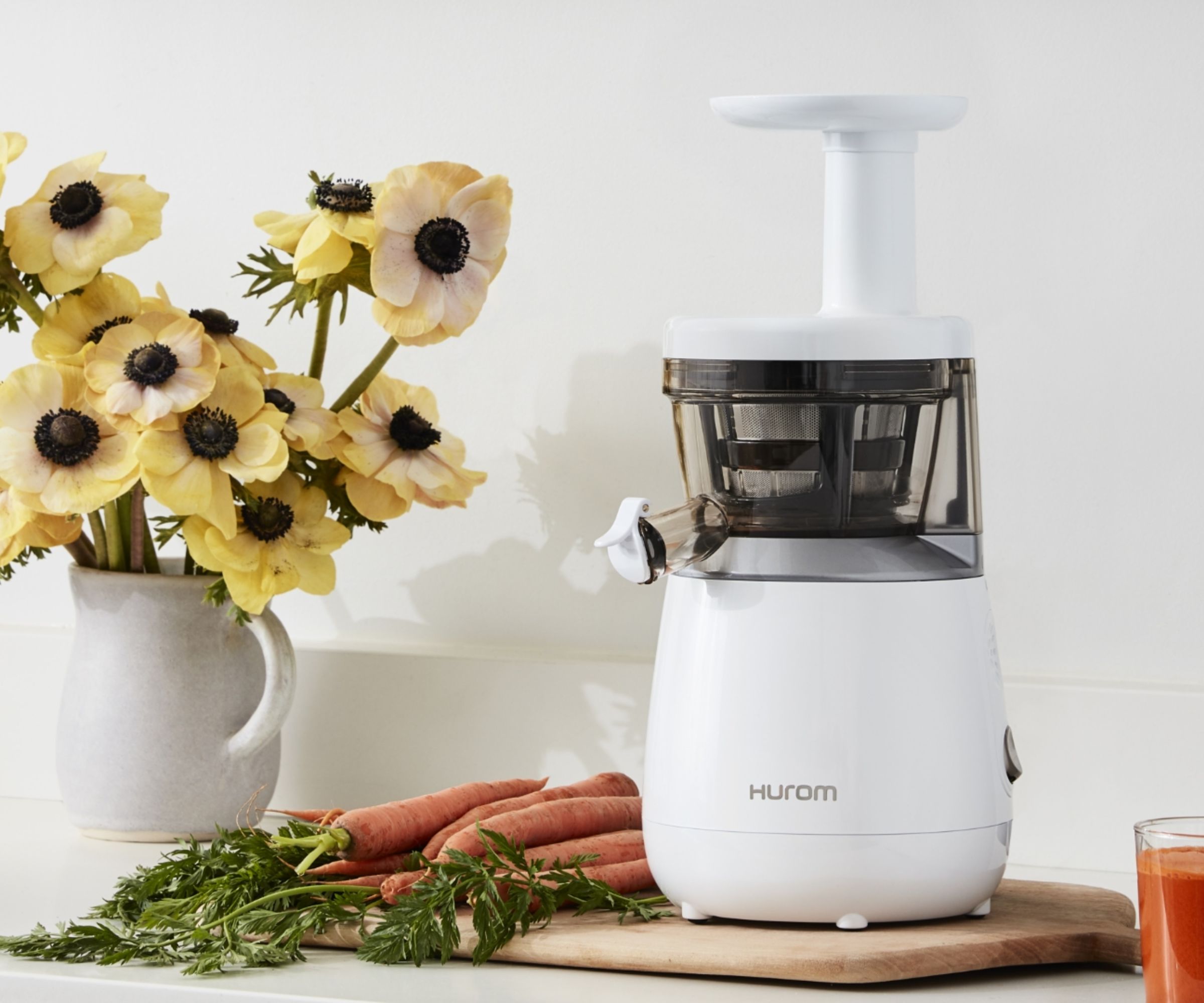
Don't make the mistake of getting distracted by the exciting features of your blender and forgetting to check how long the warranty is before purchasing.
Always get a juicer with an extended warranty; if the machine breaks down, you won't have to pay for repairs for a longer length of time.
Extended warranty periods may also serve as a reliable indicator of superior quality since a longer warranty period demonstrates the manufacturer's confidence in their product's longevity.
FAQs
What are the benefits of slow masticating juicers?
The benefit of slow masticating juicers is that they tend to extract more juice and preserve more nutrients compared to high-speed centrifugal juicers.
Nutribullet Slow Juicer | Was $199.99, now $142.49 at Amazon
I've found that the Nutribullet Slow Juicer is a great option if you're working in a small kitchen and want a juicer that won't take up space. It's a great price at Amazon too.
Sarah Johnson reminds us, 'The primary purpose of a juicer is to extract high-quality juice, however, some models may compromise on this aspect, leading to lower nutritional value and taste.'
Be sure to consider all these factors when purchasing a blender to ensure you choose the best quality model according to your lifestyle. This way you can be confident that you will be satisfied with your choice in the long run.

Lola Houlton is a news writer for Homes & Gardens. She has been writing content for Future PLC for the past six years, in particular Homes & Gardens, Real Homes and GardeningEtc. She writes on a broad range of subjects, including practical household advice, recipe articles, and product reviews, working closely with experts in their fields to cover everything from heating to home organization through to house plants. Lola is a graduate, who completed her degree in Psychology at the University of Sussex. She has also spent some time working at the BBC.
